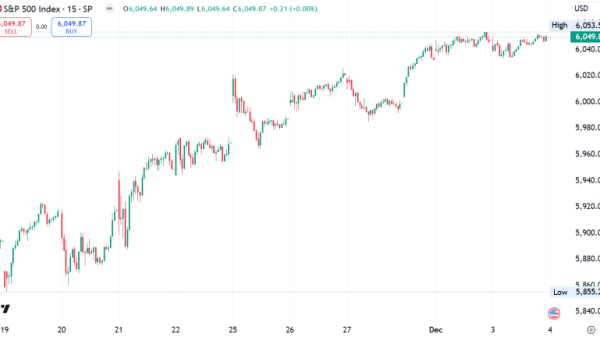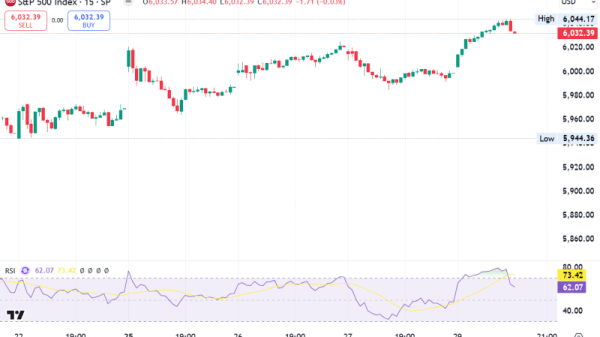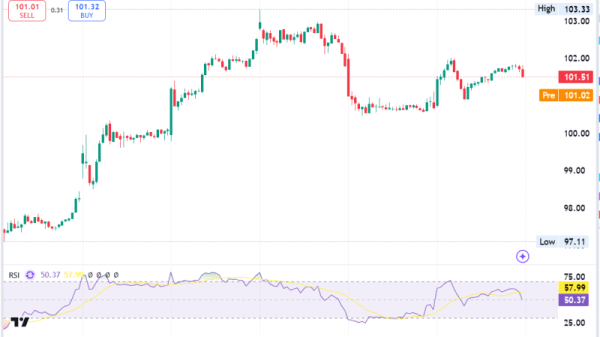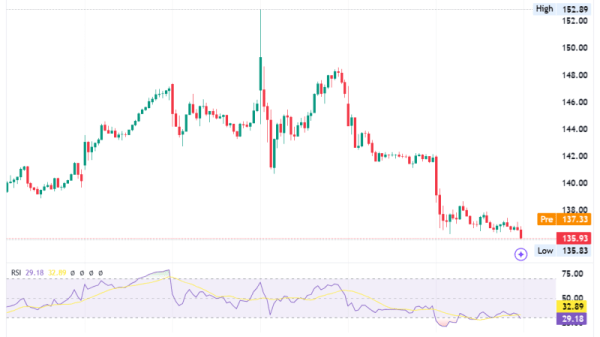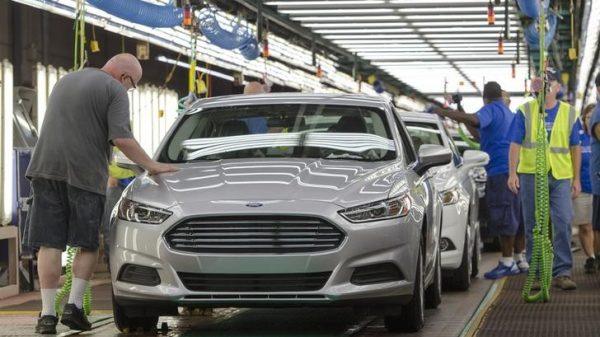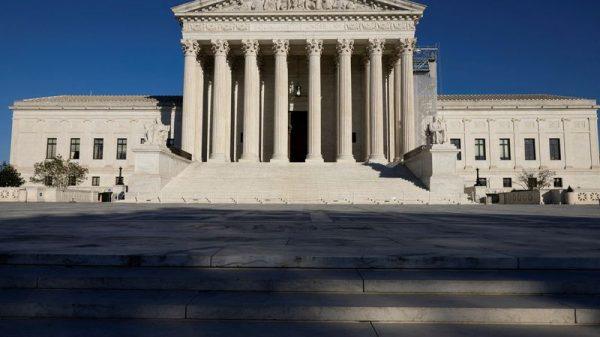By David Shepardson
WASHINGTON (Reuters) -The U.S. Environmental Protection Agency said on Wednesday it has approved California’s landmark plan to end the sale of gasoline-only vehicles by 2035.
The decision in the final weeks of President Joe Biden’s administration sets up a fight over the future of California’s vehicle regulations. President-elect Donald Trump has vowed to rescind approvals granted by the EPA to California to require more EVs and tighter vehicle emissions standards.
EPA Administrator Michael Regan granted a waiver under the Clean Air Act to California to implement its plan — first announced in 2020 — to require that by 2035 at least 80% of new cars sold be electric and up to 20% plug-in hybrid models. California’s rules have been adopted by 11 other states, including New York, Massachusetts and Oregon.
The EPA also granted another waiver for California’s “Omnibus” low-NOx, or low-nitrogen oxide, regulation for heavy-duty highway and off-road vehicles and engines, while six others are pending.
“Clean cars are here to stay,” California Governor Gavin Newsom said. “Naysayers like President-elect Trump would prefer to side with the oil industry over consumers and American automakers, but California will continue fostering new innovations in the market.”
Newsom said last month that if Trump eliminates a $7,500 federal EV tax credit, he will propose creating a new version of the state’s Clean Vehicle Rebate Program.
The Alliance for Automotive Innovation, a trade group representing General Motors (NYSE:GM), Volkswagen (ETR:VOWG_p), Toyota Motor (NYSE:TM) and other automakers, said they expect Trump will revoke the waiver next year, arguing California’s vehicle rules “will depress economic activity, increase costs and limit vehicle choice” and will require automakers to sell fewer vehicles in the 12 states to comply.
“Most of the states that follow California are not ready for these requirements,” the group said. “Achieving the sales mandates under current market realities will take a miracle. There needs to be balance and some states should exit the program.”
California’s rules require 35% of vehicles in the 2026 model year to be a zero-emission model, rising to 68% by 2030. The state says the rule is crucial to meeting greenhouse gas emission reduction targets and cutting smog-forming pollutants.
On Friday, the Supreme Court agreed to hear a bid by fuel producers to challenge the waiver California received in 2022 for vehicle emissions rules.
The EPA in March 2022 reinstated a waiver for California to set its own tailpipe emissions limits and zero-emission vehicle rules through 2025, reversing a 2019 decision under Trump’s first administration.

